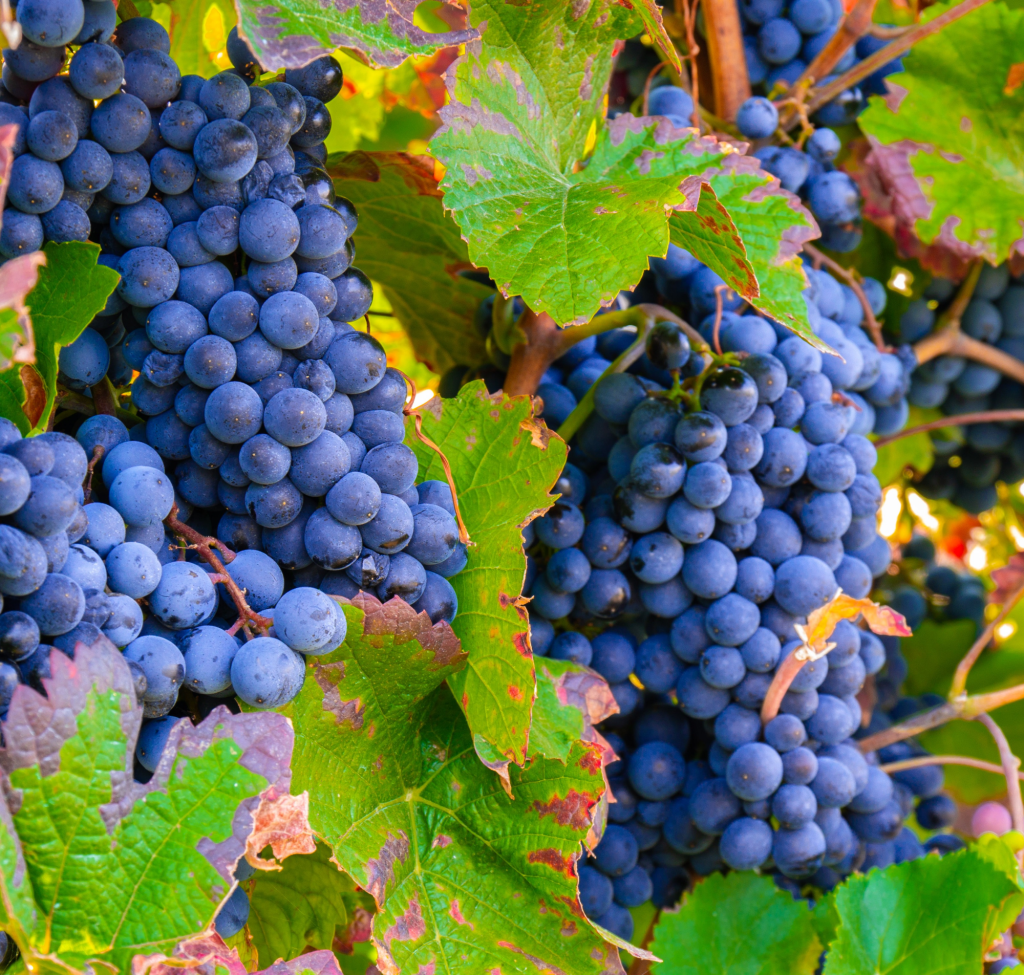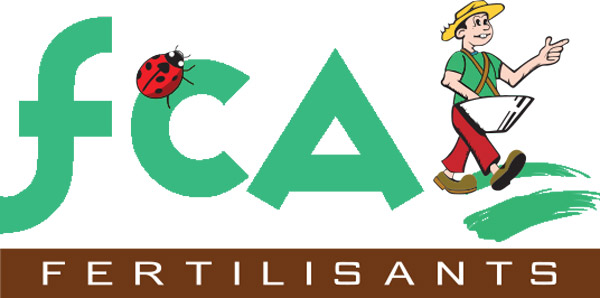Nitrogen plays a vital role in the functioning of vines and has significant impacts on grape yields. With mineral fertiliser, organic fertiliser and soil conservation techniques, all nitrogen control methods are important when it comes to the quantitative and qualitative management of grapes.
Nitrogen needs in vines
Although vital to their physiology and metabolism (growth and protein synthesis), the nitrogen demands of vines remain relatively low, between 20 and 40 units of nitrogen per hectare for wine grapes. These demands can double for greater production per hectare, depending on the desired level of vigour.
Nitrogen demands increase during the flowering stage and up until veraison. Given that these take place over several months, the nitrogen demands of vines can be at least partially fulfilled through the mineralisation of the soil’s organic matter. This mineralisation depends on weather conditions (temperatures, humidity, etc.), soil type (clay content, pH), and the quality of the restoration of organic matter by winegrowers.
Organic fertilisation and soil cultivation in vines
For a long time, ploughing was the primary means of weeding. Synthetic treatments have caused a shift away from this practice with the following consequences:
- A decline in biological activity, and therefore mineralisation, increasingly notably with increased treatments
- Soil compaction linked to a drop in fauna and microflora
- Erosion due to a lack of penetration of rainwater in crusted soil
To avoid these phenomena, reduce the use of synthetic products while ensuring soil conservation and allow sufficient mineralisation to provide vines with nitrogen, combining moderate and shallow soil cultivation and better management of organic matter and grass cover remains the best option.
Maintaining the nitrogen fertilisation of vines through grass cover and organic matter
Grinding of large vine shoots generates ligneous humus under the effect of fungi, which helps stabilise the fragile soils of slopes, vulnerable to erosion.
Likewise, plant cover is increasingly used in vineyards. This grass cover helps protect against erosion and recycles nitrates during their recovery and mineralisation by bacteria. Sometimes in competition with vines for water and mineral elements, this technique avoids yield surplus when designations of origin guarantee quality.
Lastly, applying organic matter (compost, manure) is an efficient means to measure the nitrogen input on a vineyard plot. Make sure to check the C/N ratio before use, as this provides a good indicator of its mineralisation profile. A C/N ratio of around 25 is considered balanced. Make sure to also ensure good activity in soil life. The biological activity index of a soil analysis is a good benchmark.
Lastly, nitrogen in the form of mineral fertiliser can be an option in the case of correct management of organic matter and a diagnosed deficiency. An ammonium form should be favoured with regard to the soil’s microorganisms.







